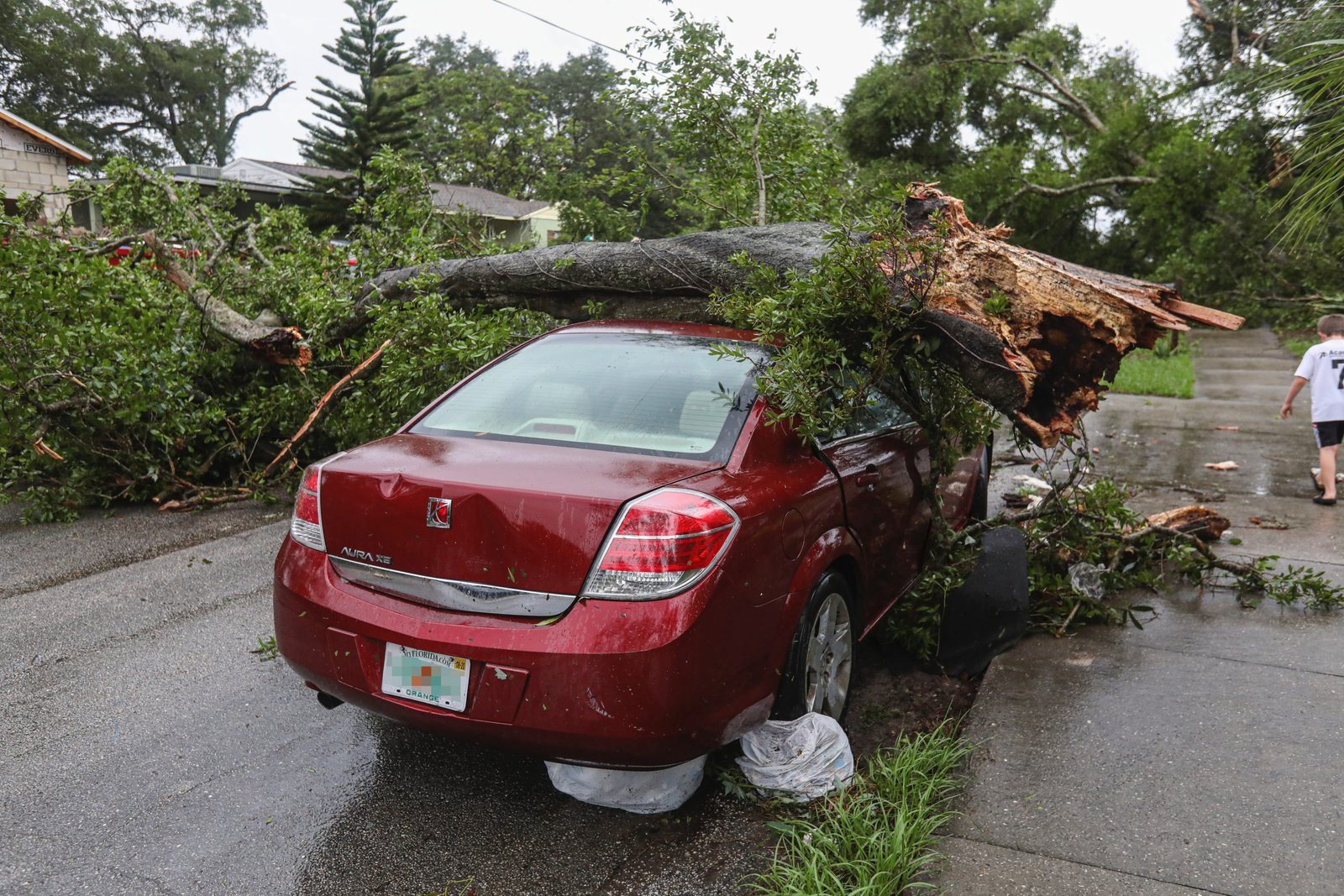Car accidents are an unfortunate reality of life in Wisconsin and the rest of the world.
While the state boasts scenic trails and vibrant biking communities weaving through towns, mishaps often derail plans. If you’ve been involved in a motor vehicle accident, you’ll likely have to file a claim with your or the at-fault driver’s insurance.

State laws are unique, and personal injury claims are decided on case merit. You need a competent car accident injury attorney to guide you through the legal process. Settlements are tricky and must be handled by trained experts because the opposing counsel will leverage every legal avenue to deny your claim.
What is the first settlement offer?
When you or someone close to you is involved in a motor vehicle accident, the insurance provider will likely offer you a settlement to compensate for damages, including medical bills, lost wages, and pain and suffering. They may make this offer shortly after the accident, and it may seem like a quick and easy way to put the matter to rest.
However, you’d be wise to know that the first offer is not always the best. Insurances are for-profit endeavors, meaning they prefer to pay a small percentage of claims or none if possible. Some of the ways they try to take advantage of claimants include:
Making early offers
Sometimes, insurers try to get victims to settle before they realize the full extent of their injuries and losses, including lost wages and potential future medical expenses. If you accept the first offer they make without comprehensively accounting for your injuries and losses, you might need more funds to deal with the consequences of the car accident.
Asking victims to record statements
Insurers may also coerce victims to record statements about the accident. While you can record your statement, it’s not legally required. Note that agents can use your statement to reduce or deny your claim.
Downplaying accident-related injuries and damages
The insurance adjusters must evaluate claimants’ injuries and losses; some may try to downplay the seriousness. It’s best to work with an attorney; collecting strong evidence to back your claim is best.

Acting in bad faith
Insurance agents often rely on bad-faith arguments when denying a legitimate claim. Personal injury cases can involve several rounds of negotiations between parties. If the agent is rushing you to accept an offer even without consulting with your attorney, something strange is in play. Most car accident attorneys provide free consultation and can handle matters with insurance companies without requiring an upfront cost. Always work with an experienced attorney to ensure your claim accounts for your injuries and damages.
What to consider when evaluating the first settlement offer
As mentioned, the first settlement offer is a fast and easy way to settle an auto accident claim and move on. However, there are things to remember when evaluating the settlement amount. These include:
- How far you are in the recovery process
- Amount of lost wages
- How many days of work will you miss
- Whether or not you will need help with some day-to-day tasks
- Whether or not a life was lost in the accident
- What does the at-fault driver’s insurance policy stipulate
- Whether or not you’d like to pay for some expenses yourself

Your lawyer can help you with these questions so you can go into the negotiations knowing what amount of settlement you are owed. Of course, you should always try to get fair compensation for your injuries and losses.
You will get a better idea of a fair settlement by consulting with an attorney and looking at past similar cases and injuries. For example, in one car accident case, lawyers reached a $1,100,000 settlement after a $5000 initial offer. In another Wisconsin case involving a pedestrian hit by a vehicle, the settlement went from $0 to $1,050,000.
That said, being stubborn has its share of risks. If the offer the insurers present to you is legitimate and you deny it outright, then the courts are your only next step. But court cases are typically long, tedious, and monetary taxing. Plus, there’s no guarantee you’ll win. For example, if the other side proves you were partly liable for the case, the jury may reduce your award or throw out your case. Your attorney can help figure out whether a settlement offer is sensible or whether you should try litigation. Given the complexity of the matter, consulting a lawyer is the best course of action.






